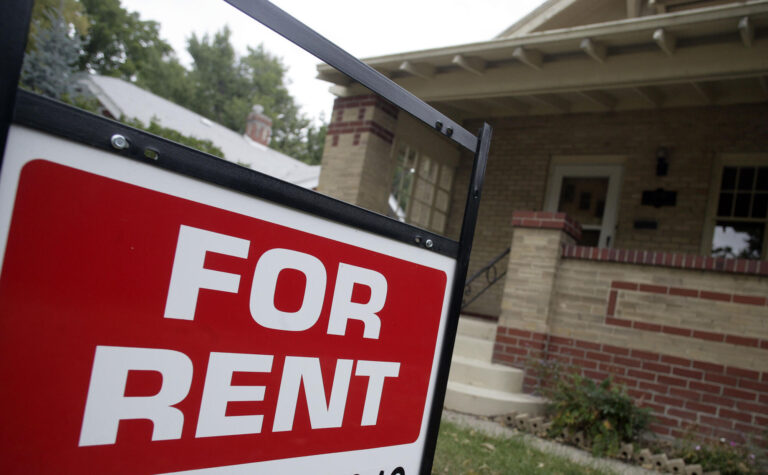In Washington, there were a total of 347 housing discrimination complaints, most of them against people with disabilities, down about 56% from last year’s 787.
Federal law:Fair Housing Act;It prohibits discrimination against people seeking housing on the basis of race, color, national origin, religion, sex, familial status, or disability.
But despite the laws, discrimination remains widespread in the modern housing market, said Morgan Williams, general counsel for the National Fair Housing Alliance.
The organization’s annual Fair Housing Report examines the number of complaints related to housing discrimination each year, using data from the U.S. Department of Housing and Urban Development, the U.S. Department of Justice and the alliance’s partner housing organizations.
“The continued rise in reports of discrimination means lawmakers are not doing enough to ensure adequate funding for organizations that educate the public about fair housing laws,” Williams said.
In 2023, there were 34,150 complaints nationwide, up 3.5% from the previous year. Most of the complaints (about 53%) were about disability-based discrimination, but complaints about racism and sexism were also prominent.
Many states, including Washington, saw little increase or even a decrease in complaints last year. In 2023, California had the highest number of complaints in the nation, with 8,667 complaints, or 25% of the national total.
The report cited six fair housing organizations that failed to report fair housing data this year, in part due to a lack of funding, and acknowledged that many cases of discrimination go unreported.
Of the 347 complaints in Washington, 223 were disability-related, an additional 55 were race-related and 33 were gender-related.
The numbers are similar to those in Washington state in 2022, when more than half of discrimination complaints were disability-related. The next most common type was racial discrimination, with 76 complaints.
To address housing discrimination, the report includes recommendations for federal, state and local governments.
The most important recommendation is for the Biden Administration to begin implementing rules finalized late last year that require organizations that receive federal funding for housing to provide the funds in a way that promotes fair housing and ensures that resources are distributed equitably. The rules also require state and local governments and public housing agencies to complete fair housing plans.
If enacted, the law will be crucial in creating affordable and inclusive communities, according to the report.
Another recommendation calls on lawmakers to implement stronger laws to prevent housing discrimination against people who use vouchers or other sources of income to pay rent.
The coalition recommends providing clearer guidance on this point to local public housing authorities and landlords who receive federal funding, and it is also lobbying the federal government to expand the Fair Housing Act’s protected groups to include people who use vouchers or other rental assistance.
Williams said local governments across the country have already begun to protect voucher users from discrimination, but that protection is not yet in place at the federal level.
“Work is underway to continue to expand community organizations that protect revenue streams,” Williams said.
2018 Washington State SenateAdded protectionState laws that prohibit discrimination based on a tenant’s source of income.
The report also calls on the federal government to pass a comprehensive housing plan that includes measures to address rising home prices, housing shortages and further enforcement of fair housing policies.
The lack of comprehensive legislation is a “serious failure that leaves Americans struggling with rising housing costs,” according to the report.
Washington State Standard This article was originally published on July 10, 2024. The Washington State Standard is part of the States Newsroom, a nonprofit news network supported by grants and a coalition of donors as a 501c(3) public benefit organization. The Washington State Standard maintains editorial independence. If you have questions, please contact Editor Bill Lucia at 1-800-448-4490.info@washingtonstatestandard.comFollow Washington State StandardsFacebookandX.

